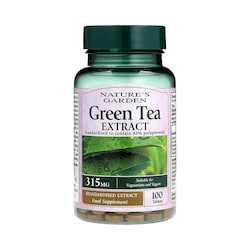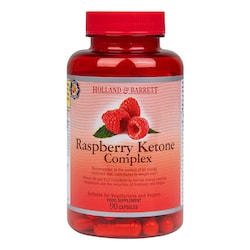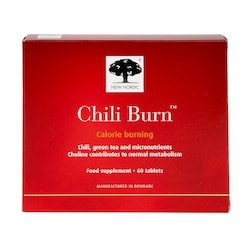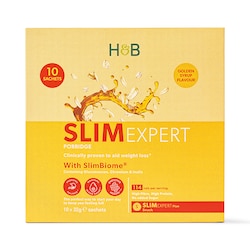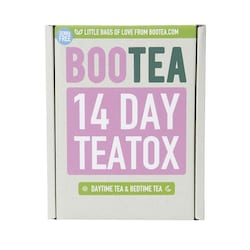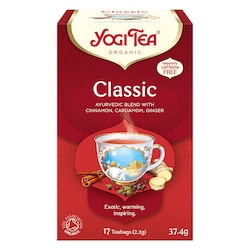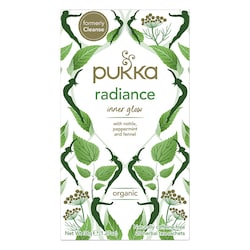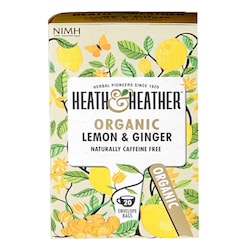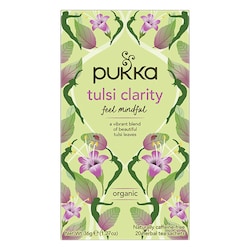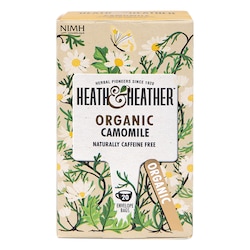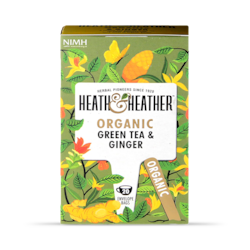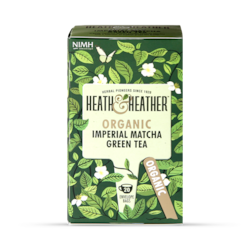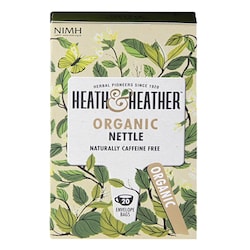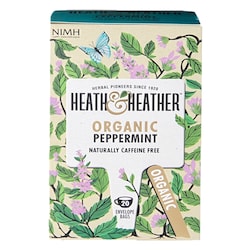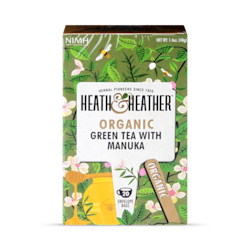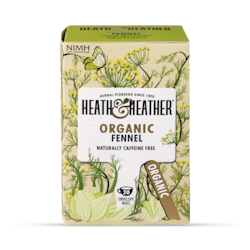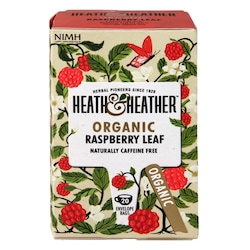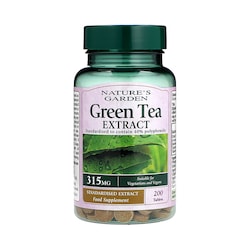15% off £30 OR 20% off £40
What is glutamine?
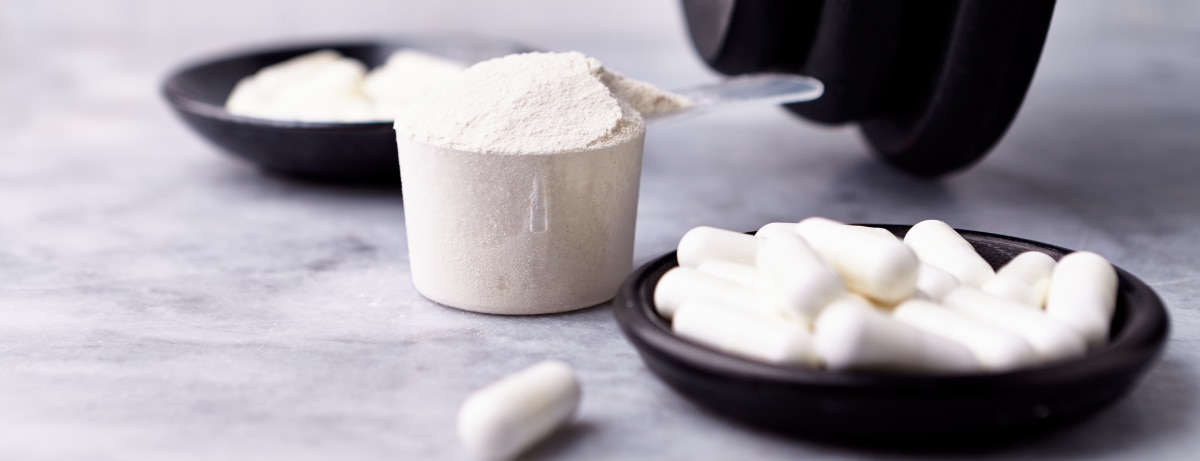
Taking care of our health and wellbeing can be a minefield. While most of us know that a healthy diet and plenty of exercise is the best way to look after our bodies, there’s often the potential to be doing more.1,2
If you’re wondering whether you should add a glutamine supplement to your diet, we’ve got plenty of information below.
What is glutamine?
What is glutamine?
Glutamine is a type of amino acid. It’s produced in the muscles and helps your body with a wide range of functions. Glutamine is actually the most abundant amino acid in the body, and we usually get all we need from what our body produces and from what we eat.3,4
There are actually two types of glutamine: L-glutamine and D-glutamine. It’s thought that L-glutamine is the most important for cell function and many more bodily functions.5 Most of the glutamine supplements you see on the shelves are L-glutamine for this reason.
We usually get all the glutamine we need through what the body produces and our diets. However, there can be times when people might experience a glutamine deficiency. This could be after severe illness or surgery, for example.6,7 In these situations, supplementing glutamine could be beneficial.
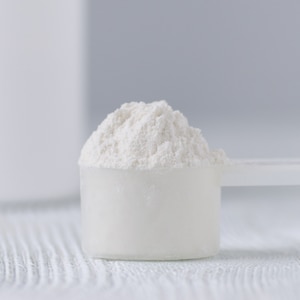

Glutamine benefits
As one of our most essential amino acids, glutamine plays a significant role in our overall health and wellbeing.
Some of these benefits might include:
- Immune function8,9
- Intestinal health10
- Muscle recovery11
- Decreased soreness after exercise12
Remember, though. You should be getting enough through your body’s natural production and your diet. There may be no need to supplement if you’re eating a healthy and balanced diet.
It’s also worth noting here that studies have suggested that glutamine supplements do not have an impact on muscle gain, performance, or strength.13,14 If those are your goals, you might want to think about a different approach to your fitness routine.
Glutamine side effects
Glutamine side effects
On the whole, it’s thought that glutamine is safe to use in normal quantities.15
It’s worth noting that studies on the effects of glutamine, especially in high doses for an extended period, are quite limited. That means we don’t know what impact it could have on the body. It’s best to err on the side of caution and speak to your doctor if you have any worries.16
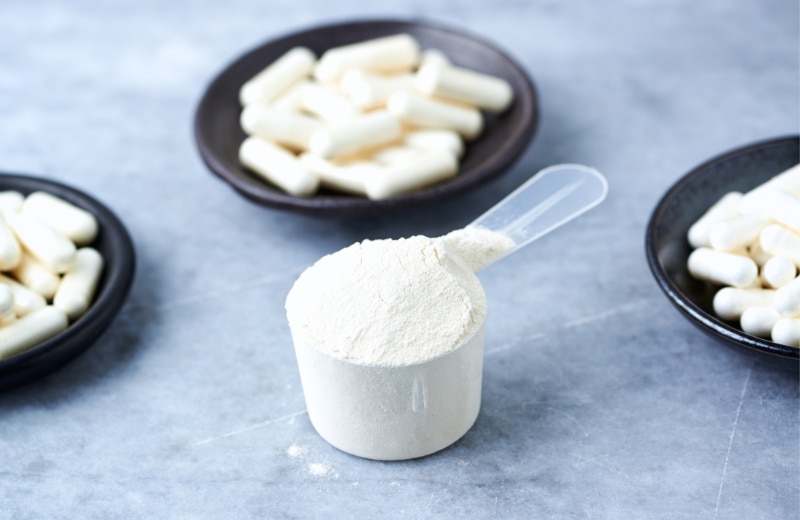

Glutamine dosage
Like we mentioned above, we get most of the glutamine we need from our body’s natural production and the food we eat. Some glutamine-rich foods include:
- Raw, leafy vegetables (like spinach)
- Beans and legumes
- Animal proteins
- Dairy products17
It’s not always easy to know how much glutamine is in your food. Still, it’s generally thought that animal proteins provide the highest amount.18
If you are considering adding glutamine supplements to your diet, it’s a good idea to talk to your doctor first. They may be able to provide the best advice for how much to include in your health routine based on your diet, fitness levels, and overall lifestyle requirements.
We typically get around 3-6g of glutamine from our diets per day. With this in mind, it may be best to start with a lower dosage (for example, 5g per day) to avoid taking too much.19
Last updated: 31 March 2021
- https://www.nhs.uk/live-well/eat-well/
- https://www.nhs.uk/live-well/exercise/
- https://pubmed.ncbi.nlm.nih.gov/8665180/
- https://www.ncbi.nlm.nih.gov/pmc/articles/PMC4369670/
- https://pubmed.ncbi.nlm.nih.gov/12579515/
- https://pubmed.ncbi.nlm.nih.gov/2080048/
- https://pubmed.ncbi.nlm.nih.gov/9178278/
- https://pubmed.ncbi.nlm.nih.gov/10582122/
- https://www.ncbi.nlm.nih.gov/pmc/articles/PMC2642618/
- https://pubmed.ncbi.nlm.nih.gov/8974125/
- https://pubmed.ncbi.nlm.nih.gov/25811544/
- https://pubmed.ncbi.nlm.nih.gov/18059593/
- https://pubmed.ncbi.nlm.nih.gov/12930166/
- https://pubmed.ncbi.nlm.nih.gov/11834123/
- https://pubmed.ncbi.nlm.nih.gov/18325648/
- https://pubmed.ncbi.nlm.nih.gov/22990615/
- https://www.livestrong.com/article/249890-list-of-foods-that-contain-glutamine/
- https://pubmed.ncbi.nlm.nih.gov/19756030/
- https://academic.oup.com/jn/article/138/10/2045S/4670120


